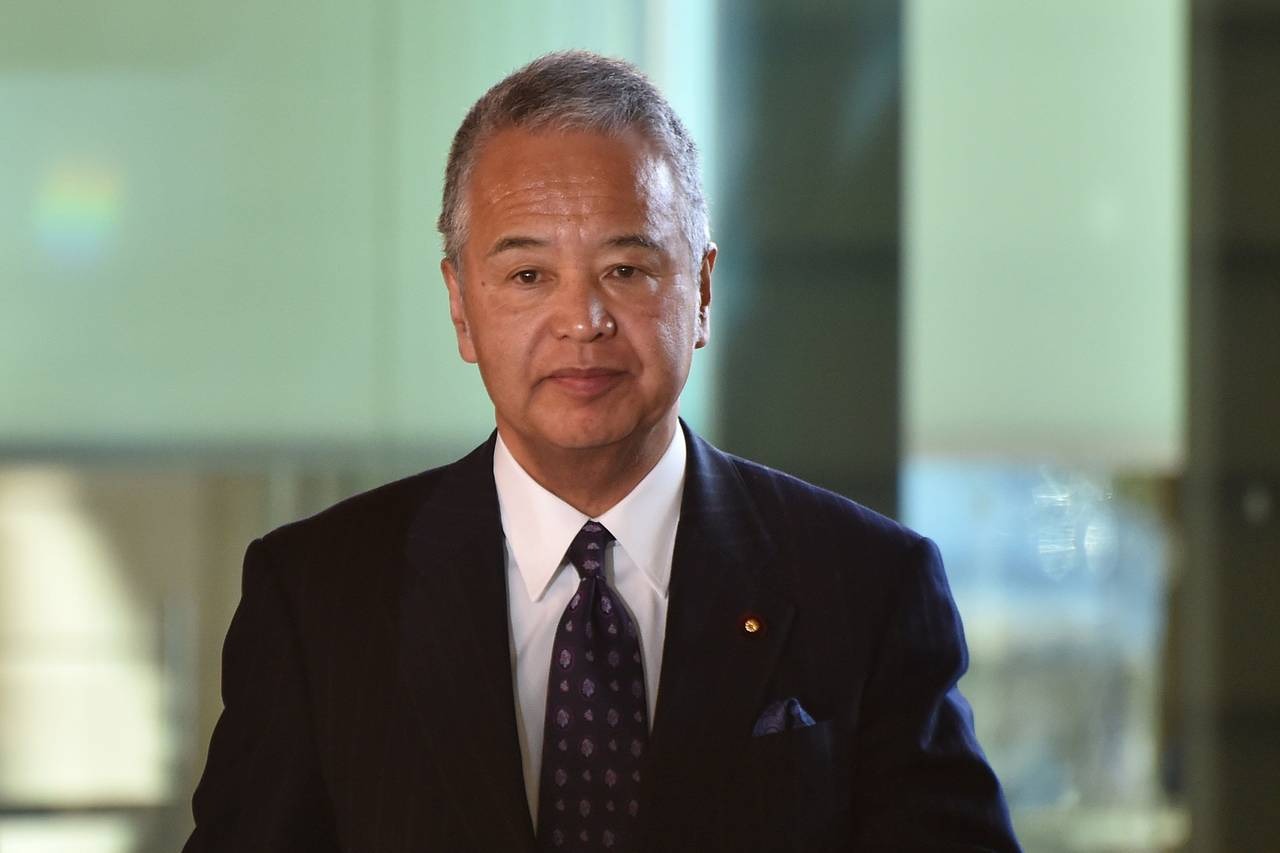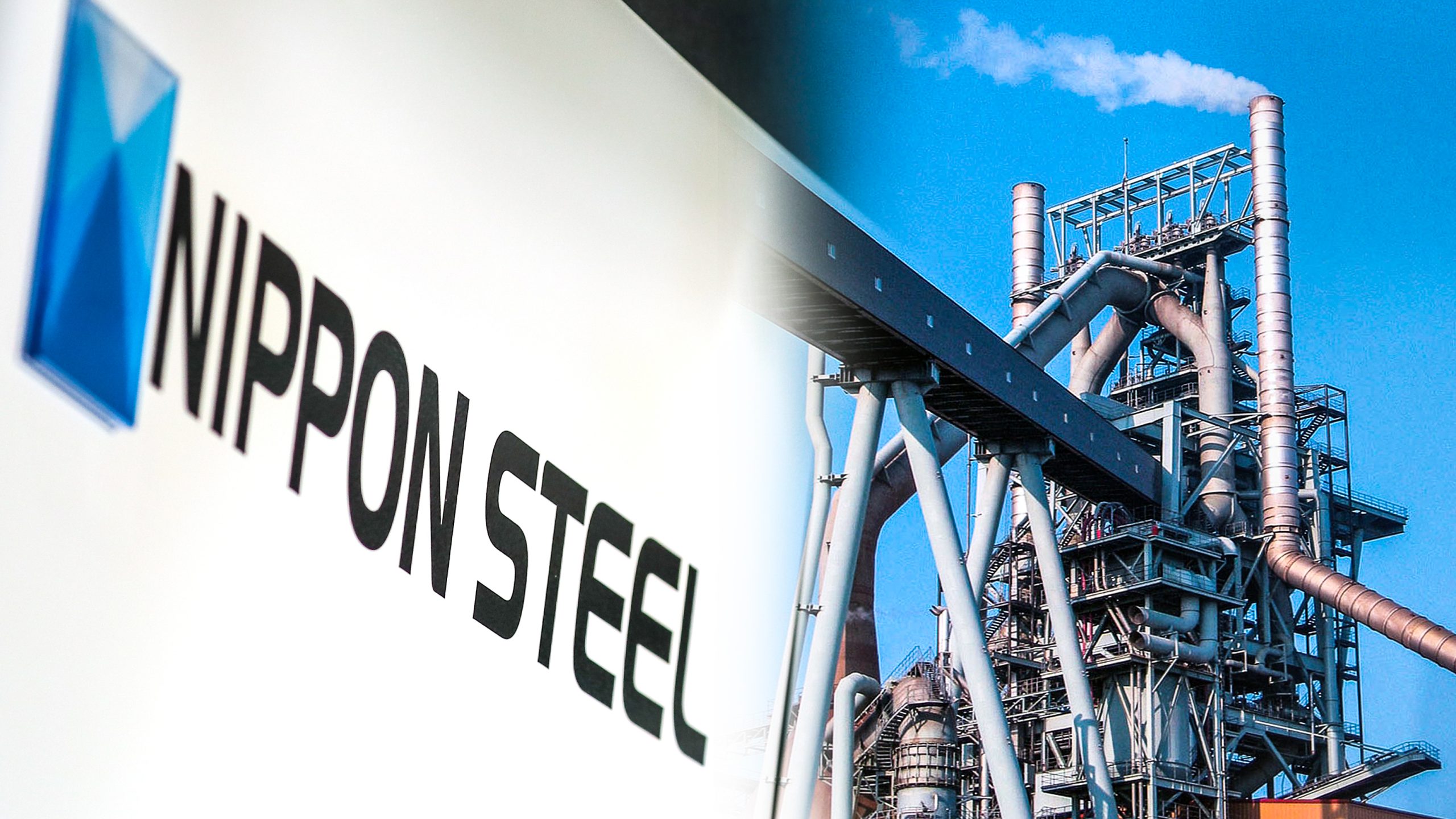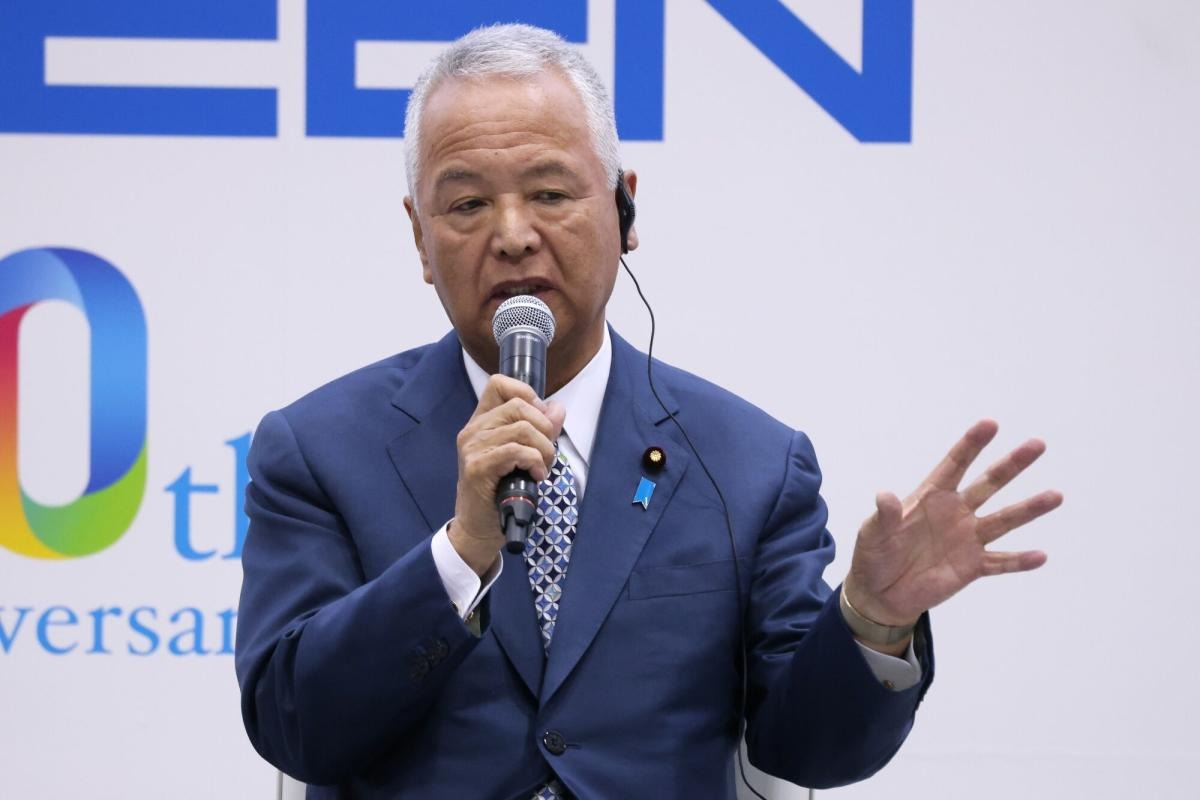According to a senior Japanese ruling party lawmaker, Nippon Steel Corp.’s potential acquisition of United States Steel Corp. could enhance economic security ties between the US and Japan while countering China’s dominance in steel-making.
Akira Amari, a former minister renowned for his expertise in industrial policy, described the $14.1 billion deal as mutually beneficial for both companies and economies. He emphasized that such a collaboration symbolizes Japan-US cooperation as allies, enabling them to address China’s growing technological prowess and bolster economic security.
Despite President Joe Biden‘s opposition, Nippon Steel remains committed to the acquisition, which has become entangled in US politics, especially ahead of the planned April 10 summit between Biden and Prime Minister Fumio Kishida.

Akira Amari (Credits: The Wall Street Journal)
Amari highlighted the merger’s potential benefits, asserting that Nippon Steel’s technology, investment, and job security commitments could revitalize the struggling US company. He stressed the importance of expanding market share in high-end products and advancing lower carbon technology to stay competitive globally.
Failure to proceed with the merger could result in the US and Japan losing ground to China, which employs tactics like dumping and undercutting prices to dominate the steel market, according to Amari.
While Biden and former President Donald Trump have expressed opposition to the deal, Amari urged for a calm evaluation of its benefits, attributing the US rhetoric to the ongoing election dynamics.
Amari clarified that his stance does not represent the official position of the Kishida administration, which has refrained from commenting substantially on the matter. He emphasized Japan’s commitment to non-interference in US elections and avoiding political entanglements.

Nippon Steel (Credits: Nikkei Asia)
Regarding the Committee on Foreign Investment in the United States (CFIUS) review, Amari advocated for resolving any misunderstandings between Nippon Steel and the union. He suggested allowing the companies to negotiate terms themselves for the best outcome.
Additionally, Amari underscored the broader implications of the deal in reshaping supply chains and enhancing economic security, especially in light of recent global trends of using financial tools for coercion.
Amari highlighted Japan’s efforts in semiconductor manufacturing and collaboration with US chipmakers, presenting chips and steel as crucial areas for Japan-US cooperation in bolstering economic security.
Amari portrayed the potential acquisition as a strategic move that aligns with both countries’ interests in navigating evolving global economic dynamics.























